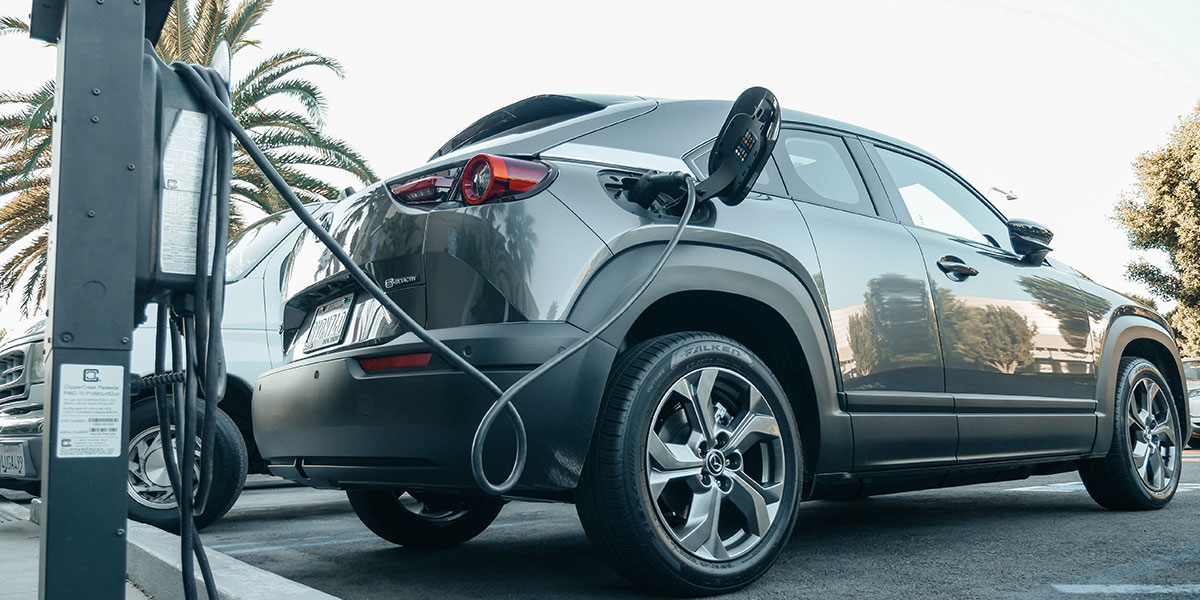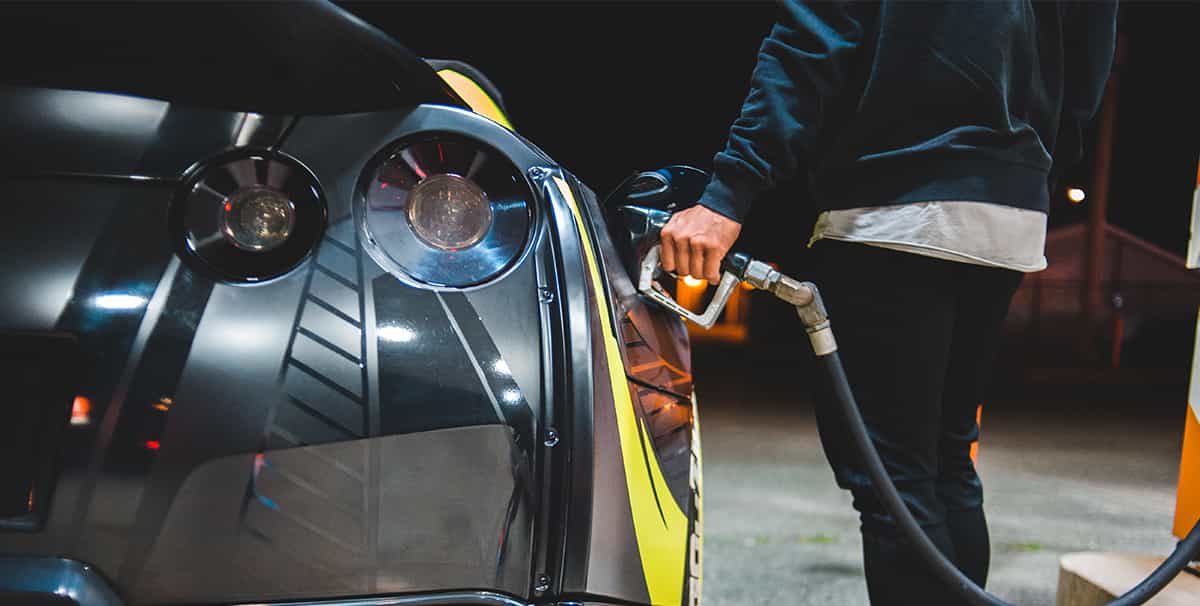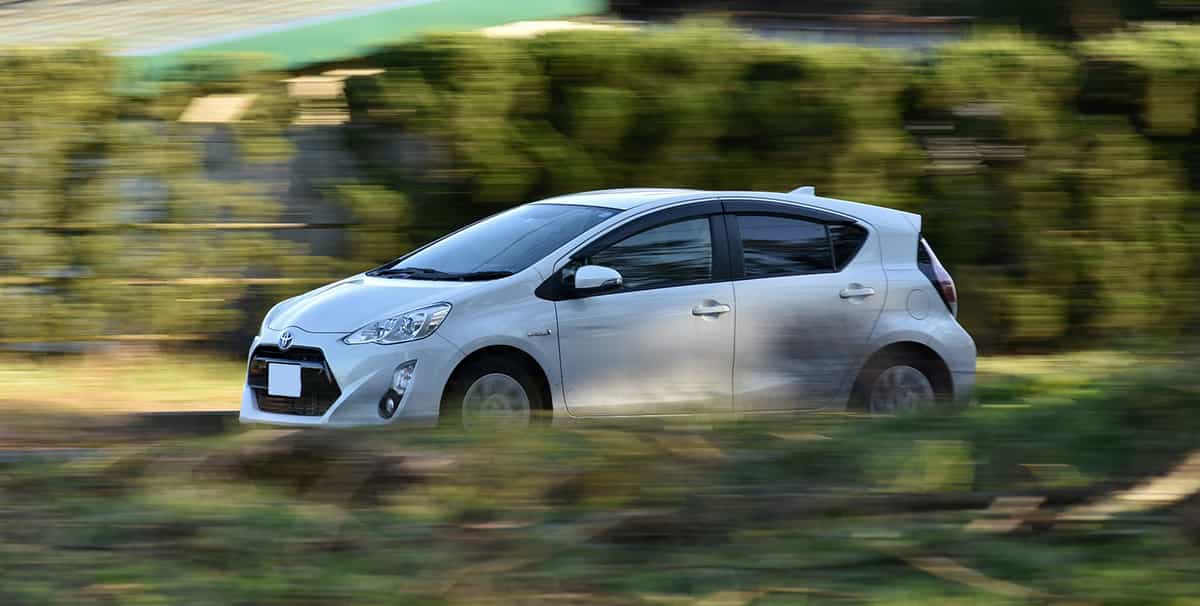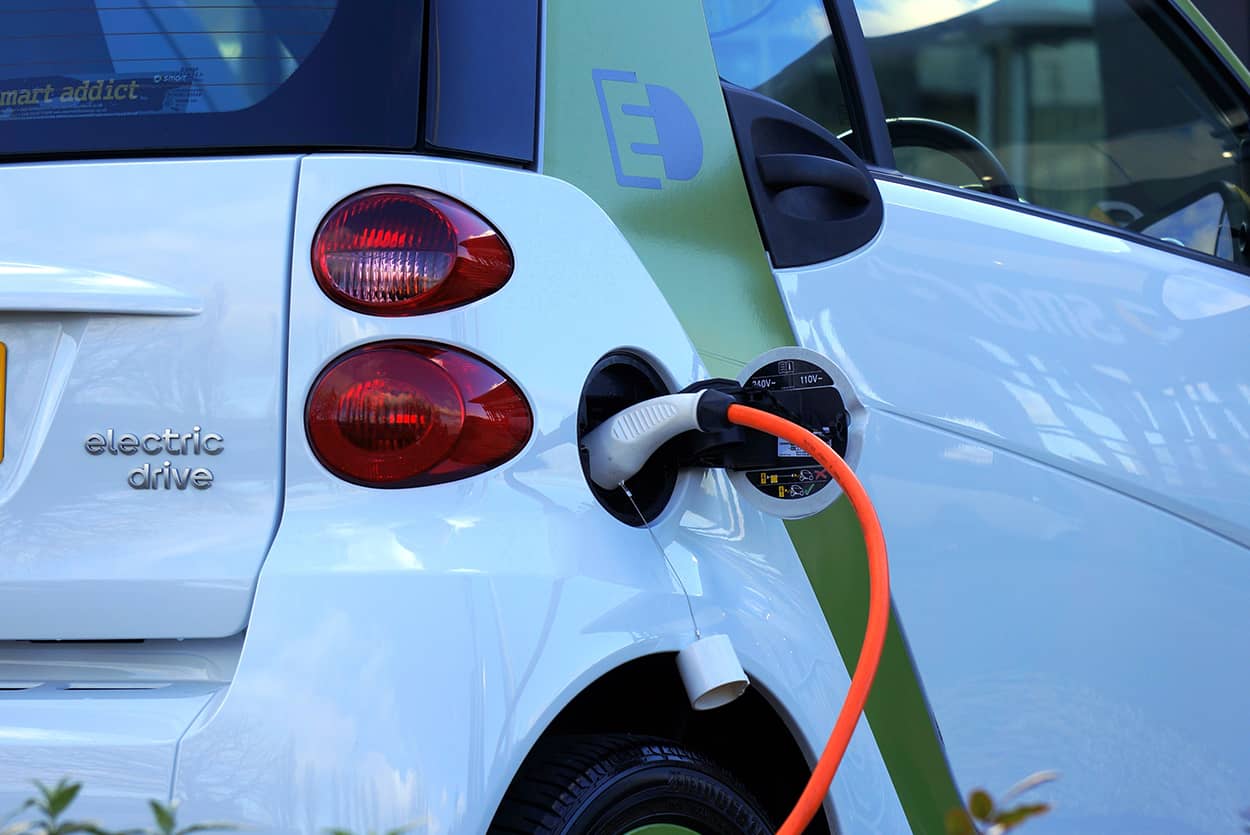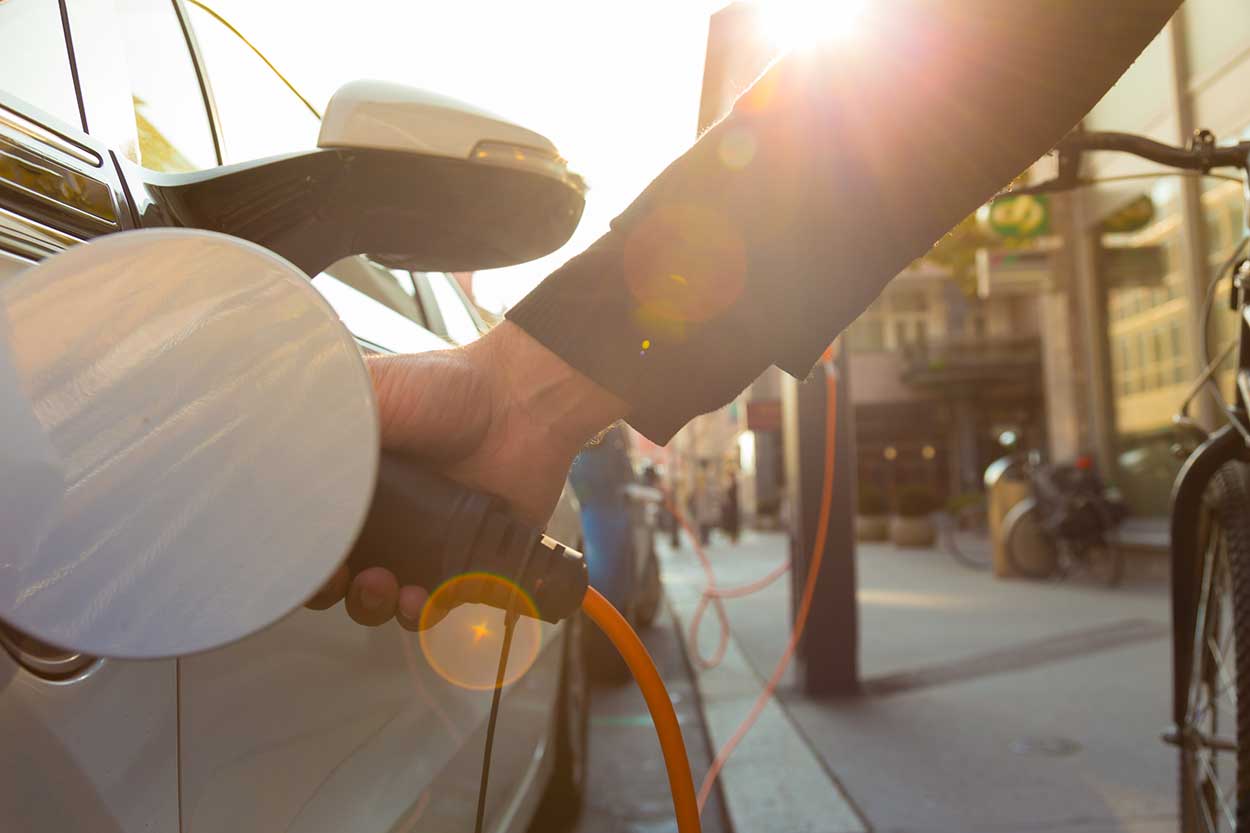From minimising your environmental footprint to eliminating petrol expenses, electric cars (EVs) offer some seriously good benefits. Purchasing new can be expensive, which leaves many Brits asking the question, “are second hand electric cars worth buying?”
Like any big purchase, it’s important to consider the pros and cons before signing on the dotted line. If you’re thinking about making the switch to electric, or you’re just interested in finding out more about the EV trend, this article is for you.
Read on as we cover everything you need to know about buying second-hand electric cars and whether they’re a good investment.
A nation of EV enthusiasts
Before we get stuck in it’s worth taking a moment to recognise just how popular EVs are becoming in the UK. The nation has wholeheartedly embraced eco-friendly vehicles, with the latest statistics revealing that while overall car sales slumped in 2021, the EV market experienced an impressive growth rate of 66% from 2019.
Around 175,000 new EVs were registered on British roads in 2021, with best-sellers like the Tesla Model 3 representing more than 25,000 individual sales.
In total, more than 700,000 plug-in vehicles were registered by British motorists in November 2021. This includes more than 350,000 fully battery-powered EVs and almost 350,000 plug-in hybrids. These figures put the UK on track to hit more than a million registered EVs by the end of 2022. A huge achievement!
There’s plenty to love about EVs but are second hand electric cars worth buying? Below, we spotlight some key factors to consider when making a decision:
Your lifestyle
Whether you buy new or used, it’s worth factoring in your lifestyle when deciding whether to make the switch to electric. EVs are a terrific concept and do offer “eco prestige” but for some motorists, they’re simply not convenient.
For example, access to off-road parking, so you can easily recharge your EV overnight, is desirable. Many second-hand EVs don’t offer the same rapid-charge technology as newer models, which makes off-road parking essential.
Similarly, if you’re driving long distances a second-hand EV may not offer the same impressive mileage as a newer model. That said, EV mileage is rapidly improving which means models from 2021 or 2020 may easily meet your needs.
Financial benefits
Even second-hand electric vehicles can be expensive, with Karolina Edwards-Smajda, Retailer & Consumer Product Director at Auto Trader describing the market as a “catch-22” in a recent interview with Car Magazine.
“When it comes to low-emission vehicles, the industry is facing a Catch-22 situation,” says Karolina. “The growing appetite of AFVs [alternative fuel vehicles] offer the industry a great opportunity for growth, but for mass adoption, the average price needs to be more accessible to more people. However, with so few vehicles in the market, even second-hand cars are being pushed out of financial reach for most consumers.”
Karolina makes a good point, but it’s important to remember that the cost of your purchase will be offset by several factors. These include:
Savings at the forecourt
Buy a fully battery-powered second-hand EV and you’ll eliminate petrol expenses from your life completely.
Clean air zones
Cities across the UK are introducing clean air zones designed to deter emissions-heavy vehicles and encourage the use of public transport and EVs. Driving a second-hand EV can be a savvy way to sidestep the costs associated with entering areas like Ultra Low Emission Zone (ULEZ) in London, which can cost you £12.50 per day if your car doesn’t meet ULEZ standards.
Lower registration costs
When it comes to vehicle registration costs, the Department for Transport offers big savings for EV drivers.
Budget is important, so don’t forget to do the maths and calculate how much you can afford to borrow before browsing. Our car loan APR estimator is designed to streamline the process and make it as easy as possible to crunch the numbers.
Skipping long wait times
The global semiconductor chip shortage has wreaked havoc on the car manufacturing industry and EVs are no exception. The average EV calls for hundreds, sometimes even thousands, of these tiny chips. As a result, supply can’t keep up with demand which means you could face wait times of more than a year when buying a new electric car. Buying a used EV is a clever way to skip the long wait times and get behind the wheel of an electric car ASAP.
The best second-hand EVs to buy
While demand is high and supply is low, there are still some great deals to be had when it comes to second-hand electric cars. If you take the time to shop around and back your search with help from an expert broker, you can drastically increase your chances of securing a good deal.
There are some exciting used models up for grabs in 2022, with some of our favourites listed below. All offer great value for money and excellent stats in terms of mileage and driver-friendly features:
- Nissan Leaf
- Tesla Model 3
- BMW i3
- Volkswagen eGolf
- Tesla Model S
- Jaguar i-Pace
- Citroen C-Zero
- Renault ZOE
- Smart ForFour electric
The future of the EV market
Despite the semiconductor chip shortage that’s caused supply issues around the world, analysts predict a bright future for the EV market. In 2022, you can expect to see almost 50 new EV models launched by manufacturers, including a huge range of SUVs. Keep an eye out for models by leading manufacturers such as Tesla, Volkswagen, BMW, Audi, and Mercedes.
We’re also excited to see new offerings from companies like Lucid, Aiways, Fisker and Rivian. These high-voltage newcomers are set to shake up the market and challenge the dominance of EV giants such as Tesla and Nissan in the UK. This is great news for the second-hand market, with an influx of new models set to increase supply and bring prices down.
Financing your second-hand electric car
Ready to start your search for a second-hand EV? Whether you’re in the market for a zippy Nissan Leaf or a sleek Jaguar I-Pace, we’re here to help. Apply online without impacting your credit score or get in touch via email or phone 01246 458 810 to find out more about how our team of advisors can help you supercharge your search and secure the best deals on EV finance.
Rates from 9.9% APR. Representative APR 10.9%
Evolution Funding Ltd T/A My Car Credit
Require more help?
Got a question you can’t find the answer to, or need some advice and guidance around taking out car finance? Our Car Credit Specialists are friendly, experienced, and here to help so get in touch today!

